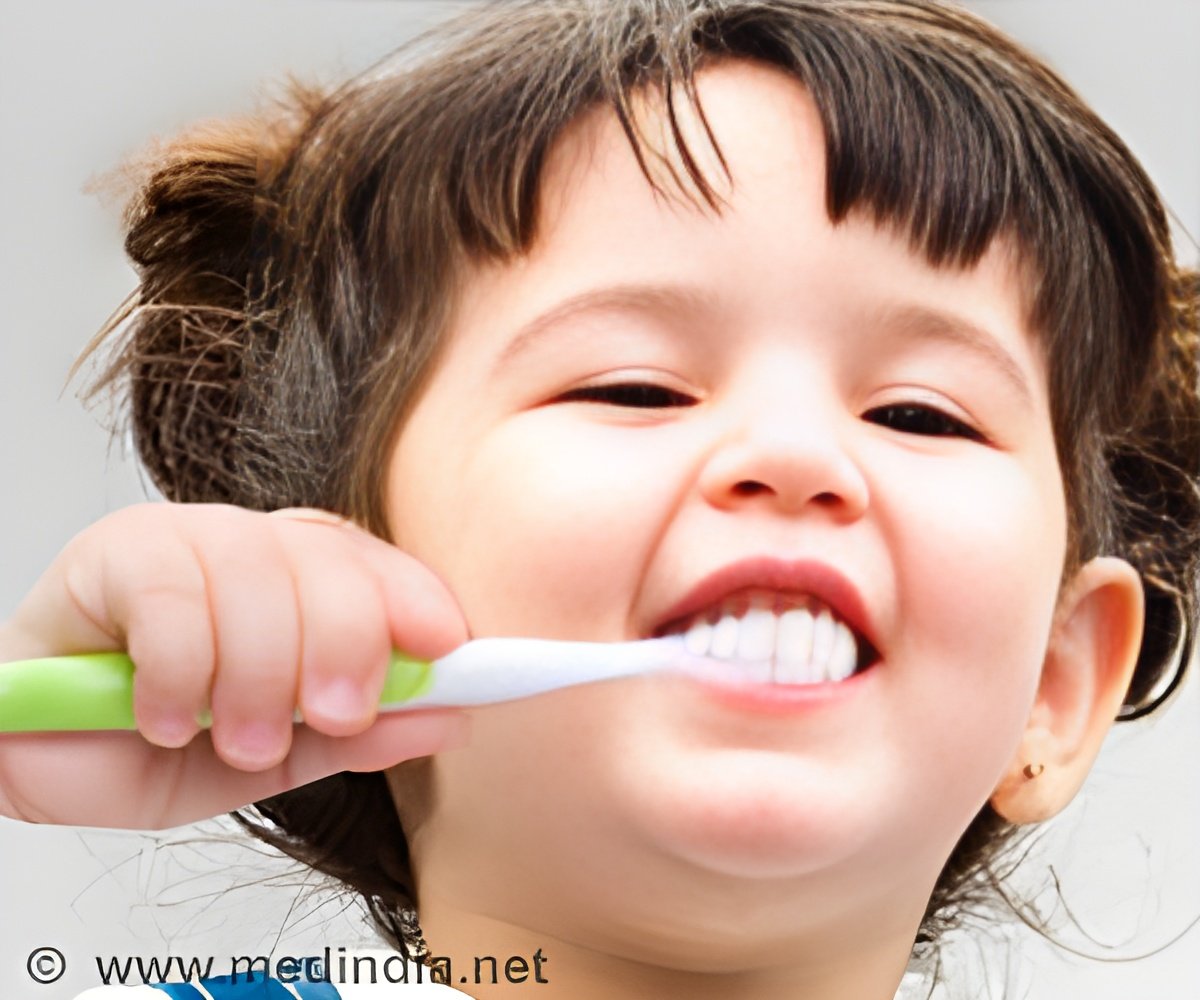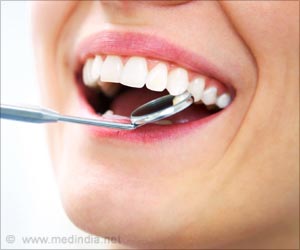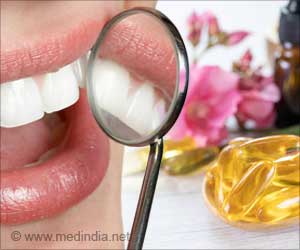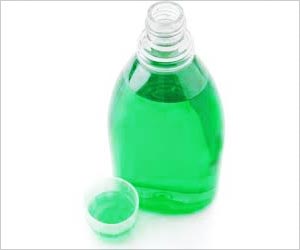
‘Continuous exposure to Bisphenol A and Vinclozolin, chemicals found in plastic bottles, can lead to weaker teeth as they interfere with mineralization of tooth enamel in children.’
Tweet it Now
Most prevalent endocrine disruptors are Bisphenol A, a chemical used in plastics and Vinclozolin, a fungicide used in vineyards. A new study found that these two chemicals can interfere with tooth enamel formation of children.Enamel is the outermost layer of the teeth, which is the hardest and most mineralized part of the body. Any damage to the enamel is irreversible as it cannot regrow.
Researchers from the French National Institute of Health and Medical Research conducted a study to find out if there was any effect on the tooth enamel due to exposure to these chemicals.
They gave rats daily doses of BPA alone or with vinclozolin, equivalent to the daily exposure levels, from their birth till they were one month old. After that, they collected cells from the tooth enamel of the rats and found poor mineralization. Both BPA and vinclozolin had interfered with the two genes that control mineralization of tooth enamel.
Dr. Katia Jedeon, lead author of the study, said, "Tooth enamel starts at the third trimester of pregnancy and ends at the age of five, so minimizing exposure to endocrine disruptors at this stage in life as a precautionary measure would be one way of reducing the risk of enamel weakening."
Advertisement











